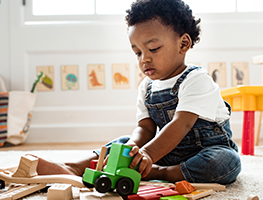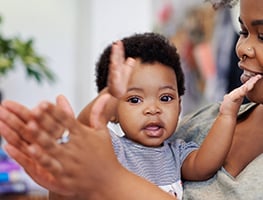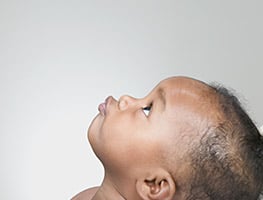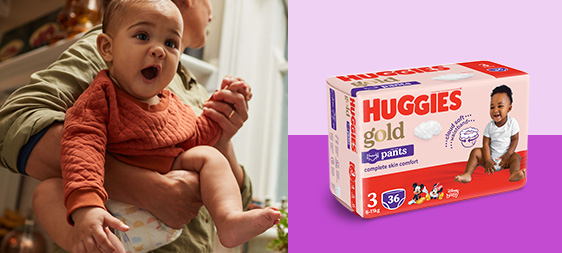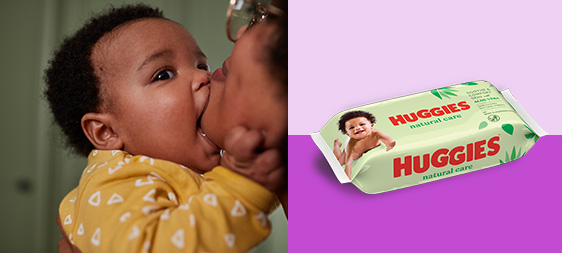As your toddler approaches age 2, you will probably notice quite a change in his thinking. This is the age when most children develop the ability to think ahead.
How thinking ahead changes things
Take this mini-case study as an example: One day 2-year-old Lucy approached a door while carrying a flower in each hand. She stopped, apparently realising that she couldn’t open the door with both hands full. Putting the flowers on the floor, she reached for the doorknob. Then she stopped again, aware that the door would crush the flowers as it opened. Finally, after moving the flowers to a safe place, she opened the door. This was a simple act, but it required quite a bit of thinking. Lucy had to imagine what would happen as a consequence of her actions. Lucy was thinking ahead.
1. Younger toddlers: experiment and learn
Lucy’s kind of forethought isn’t possible for younger toddlers, who still learn mainly through trial-and-error. Younger toddlers spend a large part of their day simply experimenting; handling physical objects to find out what will happen if the applesauce is squished, the block is dropped or the round puzzle piece is hammered into the square hole.
2. Older toddlers: experiment less, imagine more
As the ability to remember develops, older toddlers will begin to experiment less and imagine more. They start figuring out “what would happen if…” without having to try out the idea first. This ability to think ahead saves toddlers an enormous amount of time. Extra time to try new things!
You’ll be surprised how quickly your young toddler will begin to seem more and more like a child, rather than a baby.






